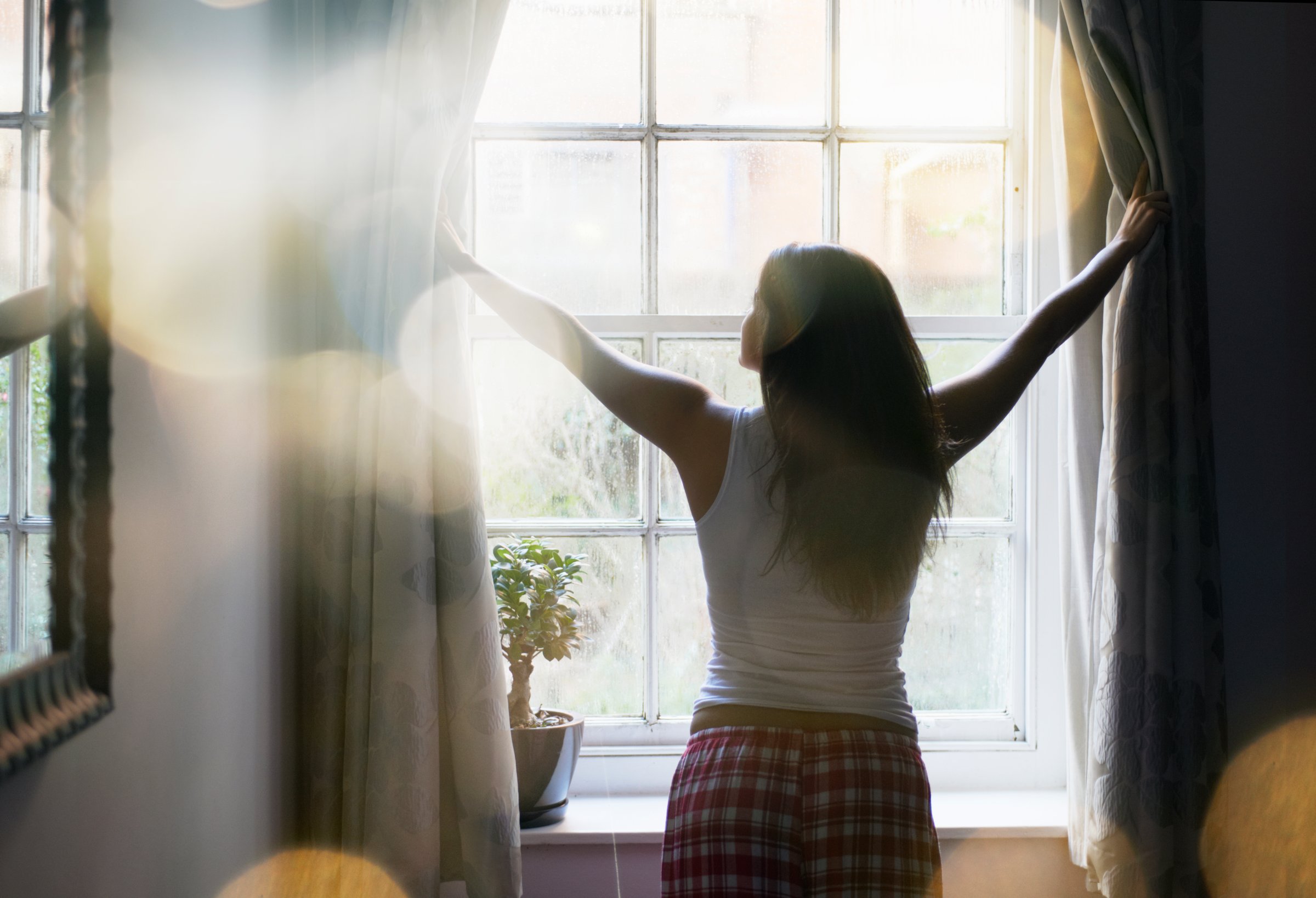
Air pollution causes about 200,000 early deaths a year in the U.S., according to research from MIT. It’s also been linked to negative effects for the children of pregnant mothers, like pre-term births, asthma and autism.
Consider the other health hazards associated with breathing in everything from household cleaning products to furniture flame retardants, and buying an air purifier seems like a no-brainer. Indeed, experts say certain kinds can be very helpful. But when it comes to one popular type of purifier—so-called “ionizers”—the risks may outweigh the rewards.
“Ionizers generate negative air ions, which attract dust and allergens and other positively charged airborne particles and basically lock them in,” says Namni Goel, a research associate professor at the University of Pennsylvania. In a study published in the journal Psychological Medicine, Goel and colleagues found that breathing air cleaned with negative ions could relieve symptoms of depression. (There’s a good amount of data tying pollution to depressed mood, especially among older adults.)
But before you rush out to buy one, there are some caveats to consider. “Unless you’re using them in a very small space, these ionizers don’t work very well,” says Rufus Edwards, an associate professor of public health at the University of California, Irvine. “The amount of air in a room far exceeds the amount of air they are able to clean.”
Another problem with these ionizers is that they may produce ozone, “and this is very bad in an indoor environment,” says Dr. James Sublett, a former clinical professor and chief of allergy and immunology at the University of Louisville. Ozone is a type of oxygen molecule produced by electrostatic reactions. While it exists naturally in the air we breathe, its concentrations tend to be very low. At higher concentrations, it can cause damage to your lungs and respiratory tissue, Sublett explains. “There was one ionizer a few years ago that was highly marketed on infomercials, and that particular one produced a lot of ozone,” he says.
MORE: Air Pollution Kills More Than 5 Million People Around the World Every Year
For these reasons, both Edwards and Sublett recommend skipping ionizing air cleaners all together in favor of mechanical purifiers, or those that draw air through a filter designed to grab and hold harmful particles and pollutants. “I tend to go toward whole-house filtration, so the first thing I’d recommend is installing a HEPA filter in your home’s HVAC system,” Sublett says.
MORE: Toxic Air Pollution Can Penetrate the Brain
HEPA, or high efficiency particulate air, refers to a type of filter that removes 99.9% of particles above a certain size—a standard set by the Department of Energy. Install this sort of filter in your home’s central heating and cooling system—and remember to change it every three months—and you’ll go a long way toward cleaning your indoor air of stuff that can trigger or worsen allergies and asthma, Sublett says.
One Finnish study that found installing high-efficiency filters in office HVAC systems could cut workers’ exposure to particulates by 27%. “That’s enormous,” Edwards says.
If your house doesn’t have a forced-air system—or if you’re looking for something for your workplace—both Sublett and Edwards recommend a portable air cleaner that has a built-in, replaceable HEPA filter. At home, keep it in your bedroom or wherever you spend the biggest chunk of your time. Also, keep it running day and night. “You’re trying to get rid of particles in dust, so if you’re running it all the time, that’s more effective,” Sublett says. Change the filters per the product’s manual, and keep the device off the ground where it can’t stir up dust particles that have settled, he adds.
Edwards recommends choosing a device (or filter) certified by the California Environmental Protection Agency’s Air Resources Board. “They’ve done a lot of in-depth studies, and their website is very informative and lists a whole range of manufacturers whose products will actually clean air,” he says.
Finally, keep in mind that air purifiers aren’t a stand-alone solution. If you live with someone who smokes indoors, no device or filter is certified to remove all of those second-hand smoke pollutants, Sublett says. He adds that keeping you home clear of chemicals and pollution-transporting dust is another way to prevent irritants from making their way into your lungs.
Do all that, and a portable air cleaner is a worthwhile buy—especially for people with allergies or asthma, those at risk for cardiovascular disease and families with young kids. But anyone can benefit, Sublett says. “Breathing clean air isn’t a bad thing for any of us.”
More Must-Reads from TIME
- Donald Trump Is TIME's 2024 Person of the Year
- Why We Chose Trump as Person of the Year
- Is Intermittent Fasting Good or Bad for You?
- The 100 Must-Read Books of 2024
- The 20 Best Christmas TV Episodes
- Column: If Optimism Feels Ridiculous Now, Try Hope
- The Future of Climate Action Is Trade Policy
- Merle Bombardieri Is Helping People Make the Baby Decision
Contact us at letters@time.com